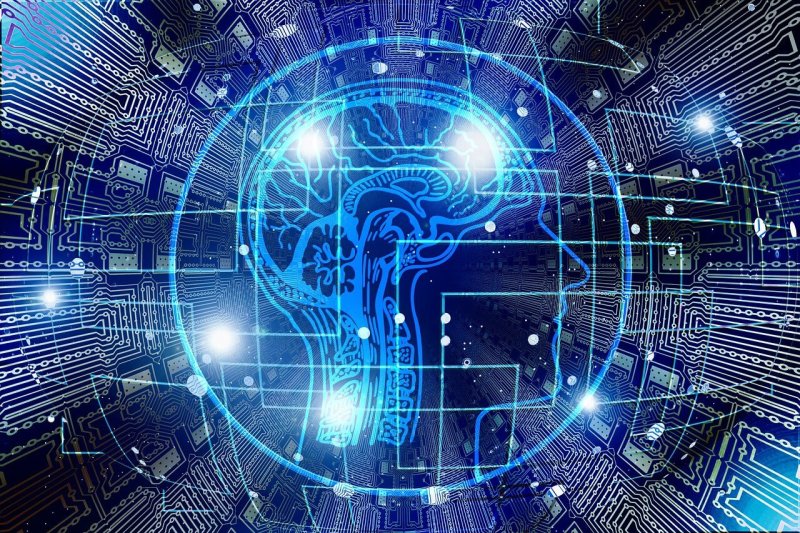With just their input cables, human neurons can perform difficult logic calculations previously only seen in entire neural networks. To restate: human neurons are far more powerful devices than originally thought. And if deep learning algorithms—the AI method loosely based on the brain that’s taken our world by storm—take note, they can be too.
Those are unconventional, fighting words.
For 70 years, neurons were considered the basic computational unit of the brain. Yet according to a new study published [January 3] in Science, the neurons in our cortex, the outermost “crust” of our brain, seem to have uniquely evolved to sustain incredibly complex computations in their input cables. It’s as if someone finally obtained proof that your computer’s electrical wiring is actually made up of mini-processors, each performing calculations before sending results to a CPU.
…
[T]he new results, recorded from surgically-removed brain chunks from patients with brain tumors and epilepsy, suggest that current deep learning methods are only scratching the surface of replicating our brain’s computations. If AI systems can incorporate these newly discovered algorithms, they could potentially become far more powerful.Read full, original post: Scientists Discovered ‘Mini-Computers’ in Human Neurons—and That’s Great News for AI































